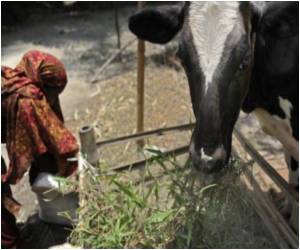
The committee came out against pre-positioning antibiotics in the home for the general public because this measure requires enormous outlays in terms of cost, along with an increased risk of inappropriate use, with fairly limited benefits in terms of access. However, communities may assess whether specific groups, such as cancer patients, those with mobility limitations, or first responders might benefit from pre-positioning. Read complete IOM report.
A key issue in the report is that the ethics framework is as central to the development of sound policy as are technical data and considerations.
"If you don't know what your goals or values are, then data on safety and efficacy don't really help you," said Dr. Powell. She noted that one particularly vital ethics issue for the committee was the stewardship of public health resources.
"The need to provide appropriate stewardship of resources is a crucial ethics issue in this era of limited public health funds," Dr. Powell continued. "Public health entities today need to consider the benefit of every dollar they spend, and to know that it is best spent on one strategy to protect public health rather than another. The committee looked especially carefully at data that estimated the cost and added benefit of various strategies." Dr. Powell is also professor of clinical epidemiology & population health and of clinical psychiatry and behavioral sciences at Albert Einstein College of Medicine.
The report notes that different communities need to assess their values and preferences, along with the risk of attack and public health capabilities, in order to determine which strategies are most likely to benefit them.
Advertisement











